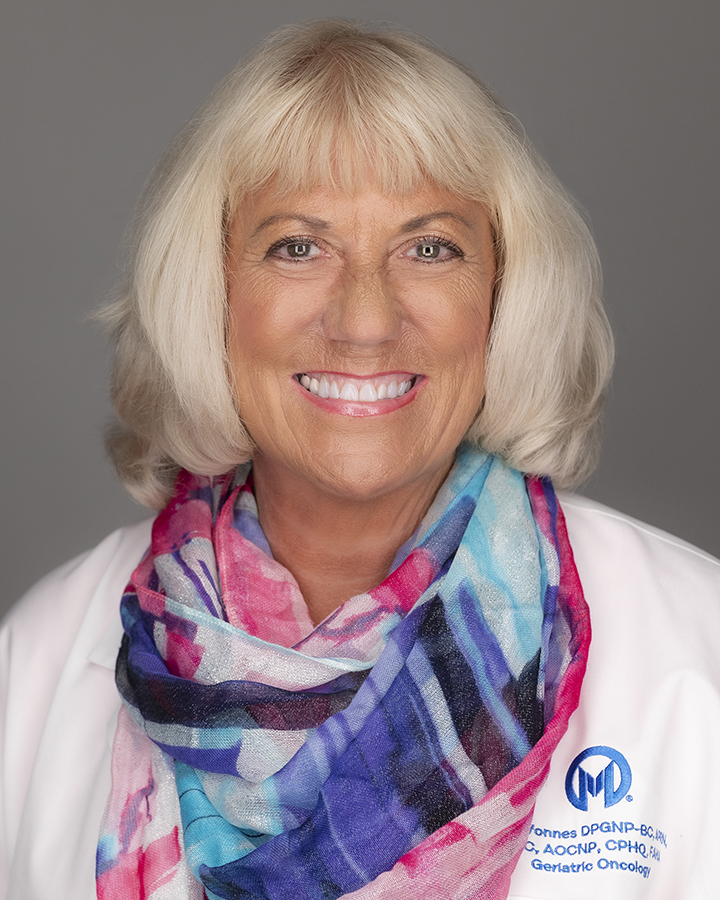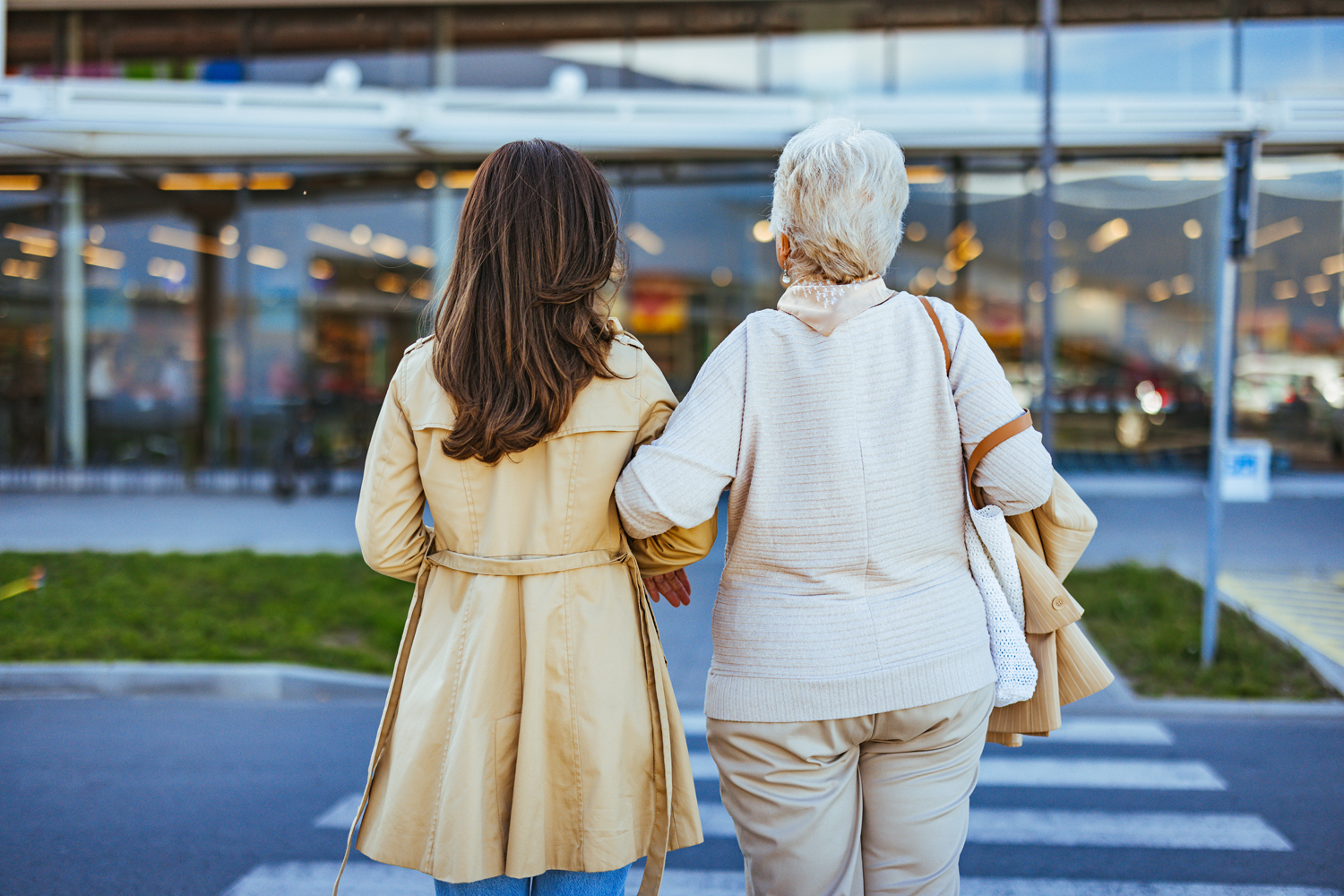What can I do to help prevent my loved one with cancer from falling?

Sandi Vonnes, geriatric oncology nurse practitioner at Moffitt Cancer Center in Tampa, Florida
If your loved one with cancer seems unsteady on their feet, report it to their care team, even if it doesn’t seem serious. It’s important to consider the root cause, which could be low blood pressure or an infection. Gather information to tell the doctor: Check their temperature and blood pressure and ask how they’re feeling. Have they been lightheaded? Have they felt their heart racing? Have they been vomiting or having diarrhea? These symptoms could indicate dehydration, which can cause a sudden drop in blood pressure when standing up or changing positions. Make sure your loved one is getting sufficient fluids, whether it’s with water, popsicles or gelatin.
In addition, ask your loved one’s oncologist how often they should have bloodwork done. Low blood counts, or anemia, which is common in people undergoing cancer treatment, can leave a person fatigued and short of breath, which can heighten fall risk. Review any existing over-the-counter medications, herbal supplements and vitamins your loved one is taking with the oncologist to see if these products, along with their cancer treatment, might increase the risk for a fall. If they take medication to lower blood pressure, keep a notebook of blood pressure readings so you can pick up on signs that this medication may need adjustment.
You also can help keep your loved one safe at home with simple, proactive steps. Remind them that you or someone else can help them with high-risk activities like hanging holiday lights or cleaning the gutters. Clear a path from the bed or couch to the bathroom—and pay attention to how the furniture is arranged. Check for adequate lighting, including night lights. If your loved one experiences numbness or tingling in the feet, a condition known as peripheral neuropathy that can be caused by chemotherapy, make sure they don’t wear flip-flops or slip-on shoes, which may cause them to trip and fall.
Ask your loved one’s care team about getting a physical therapy evaluation so they can learn ways to stay active while limiting their fall risk. An assistive device, such as a walker or cane, can help with activities like walking in the neighborhood or shopping. By being proactive, you can help your loved one safely stay active both at home and in the community.
PREVENTING FALLS // Memorial Sloan Kettering Cancer Center offers tips on how to avoid falling. // Cleveland Clinic explains the benefits of a fall risk assessment.
The expert’s response was edited for clarity and based on an interview with Kendall K. Morgan.
Cancer Today magazine is free to cancer patients, survivors and caregivers who live in the U.S. Subscribe here to receive four issues per year.





